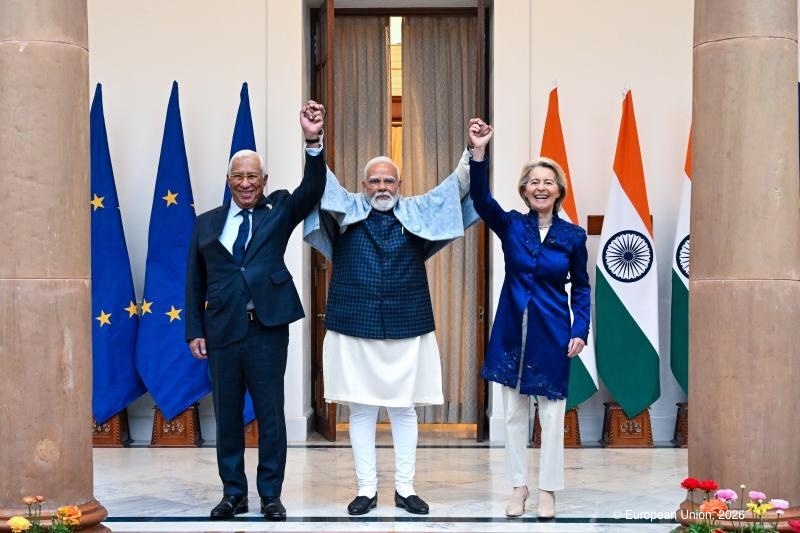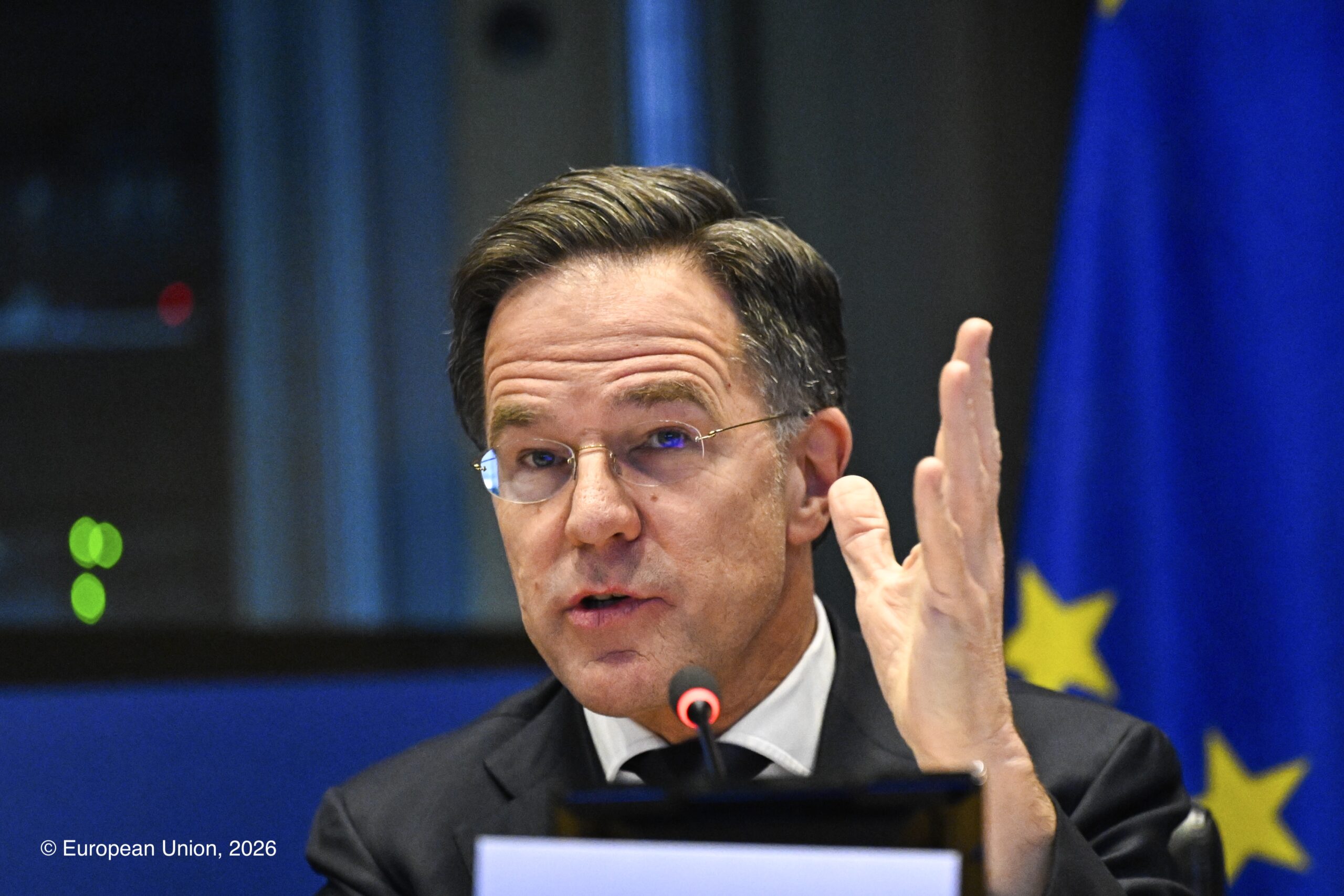On 5 November, the Council of the European Union reached a significant political agreement on the “VAT in the Digital Age” (ViDA) package, modernizing the EU’s value-added tax (VAT) system to address the challenges of the digital economy. After nearly two years of negotiations, this comprehensive package was agreed upon to modernize VAT rules, enhance tax compliance, and reduce VAT fraud.
Hungarian Finance Minister Mihály Varga, who chaired the meeting, highlighted the importance of this agreement as a “cornerstone for the digital transition” that will “improve the competitiveness of the EU.” In addition, he highlighted that the new rules will “help combat VAT fraud and ease administrative obligations for small companies and individual service providers”.
The ViDA initiative consists of three key pillars:
- Digital Reporting Requirements: the centrepiece of the ViDA agreement is the introduction of mandatory e-invoicing and real-time digital reporting for cross-border business-to-business (B2B) transactions within the EU by 2030. Businesses will issue e-invoices that automatically report VAT data to national tax authorities. It will provide tax administrations with immediate visibility into transactions, enabling early detection of fraudulent activities. By 2035, all national systems must be interoperable with the EU system, ensuring seamless cross-border data sharing.
- Platform Economy and VAT collection: The ViDA package also tackles the VAT challenges posed by the platform economy. Starting in 2028, digital platforms will be required to collect and remit VAT on short-term accommodation rentals and passenger transport services in cases where individual service providers do not charge VAT. This “deemed supplier” model aims to improve VAT compliance in the gig economy, though Estonia raised concerns that it could negatively impact national businesses like Bolt.
- Single VAT Registration (One-Stop Shop): the agreement expands the existing One-Stop Shop (OSS) VAT registration, allowing businesses to use a single EU-wide VAT registration for certain sales activities, including domestic sales of items like gas and electricity within the EU. Additionally, a mandatory reverse charge mechanism for B2B transactions will apply, shifting VAT liability from suppliers to buyers when the supplier is not established in the buyer’s country.
Next steps
The European Parliament will be consulted again due to significant changes made by the Council to the directive. Following this, the Council must adopt the text unanimously before it can be published in the EU’s Official Journal and take effect.
The new VAT rules are expected to be gradually implemented between 2027 and 2035, providing businesses time to adapt their invoicing, reporting, and registration processes. The agreement represents an essential evolution in VAT compliance that is aligned with digital economic realities.

